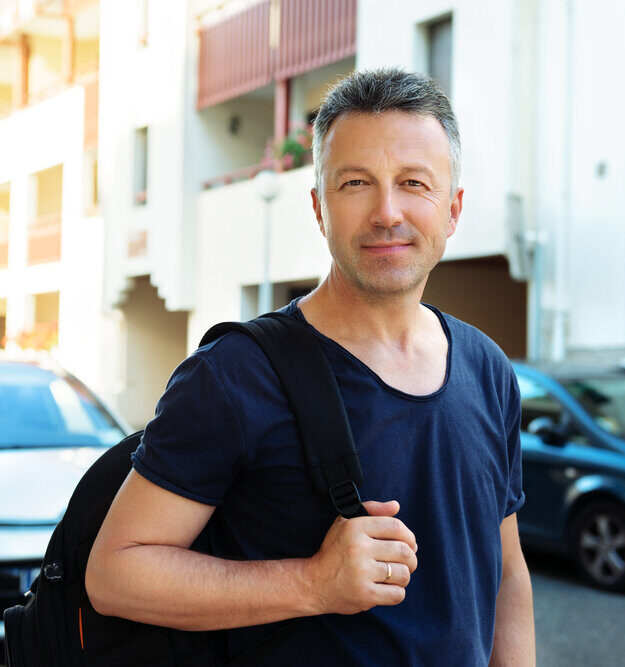WATERLOO REGION — Rashi Kotwal and Ilia Beliakov come from very different backgrounds on the other side of the world, but they both came to Canada to work in the country’s largest technology cluster — the Toronto Waterloo Corridor.
Kotwal comes from India. Until a few months ago, she and her husband worked in England, but her husband’s aging parents were unable to visit her for long due to UK visa restrictions.
“They couldn’t stay with us for more than six months because they came on a tourist visa,” Kotwal said.
So they moved on to this Region and Kotwal quickly found a job at Communitech with his background in IT and human resources. Her husband works for Amazon in New York. More importantly, their aging parents can join them here.
“In Canada it’s quite easy, they can come and stay with us for seven years,” Kotwal said. “That was a bonus point to be honest with you.”
Had they moved to the United States, their aging parents would have had to obtain green cards, a years-long process.
Canada “is such a welcoming country,” Kotwal said. “We are really happy.”
from Canada immigration policies are one of the reasons the tech sector between here and Toronto will soon have more workers than the San Francisco Bay Area.
“We’re in tears,” said Chris Albinson, Communitech’s chief executive. “Canada has admitted 400,000 newcomers in the past 12 months, half of them with STEM degrees.”
In 2021, the San Francisco Bay Area added 14,000 jobs, bringing the total number of tech jobs to 378,870.
In 2021, the Toronto Waterloo Corridor added 88,000 jobs, bringing the total number of technology jobs to 313,700.
“We are growing 350% faster than Silicon Valley, and by early 2023 there will be more tech workers in the Waterloo Toronto corridor,” Albinson said.
Communitech will announce a new strategy in mid-January, backed by the federal government, that will help increase the size of the tech workforce in the corridor before Silicon Valley, he added.
For years, the number of newcomers to Canada has far exceeded immigration to the United States
Former US President Donald Trump infamously banned immigrants from five Muslim-majority countries.
Current US President Joe Biden lifted the ban, but immigration levels to America remain far behind Canada.
Diversity a selling feature
When Beliakov wanted to leave Russia in the fall of 2017, he thought it would be great to work in Canada, the United States, or Europe, in that order. Beliakov is a software developer and has partnered with VanHack, a Canadian company that sources tech talent for businesses.
VanHack helped Beliakov improve his English skills and prepare for interviews. Once he got a job offer, VanHack bought Beliakov a plane ticket and met him at Pearson International Airport in September 2018.
Beliakov has since worked as a software developer for a Waterloo Region technology company.
“It’s a very nice opportunity,” Beliakov said. “Few countries offer an immigration process like this.”
His wife also came and their son was born here about 19 months ago. They are permanent residents and plan to become citizens.
“Diversity,” Beliakov said when asked what he liked about living in the Toronto Waterloo Corridor. “It’s good to raise children here.”

“Amateur web enthusiast. Award-winning creator. Extreme music expert. Wannabe analyst. Organizer. Hipster-friendly tv scholar. Twitter guru.”